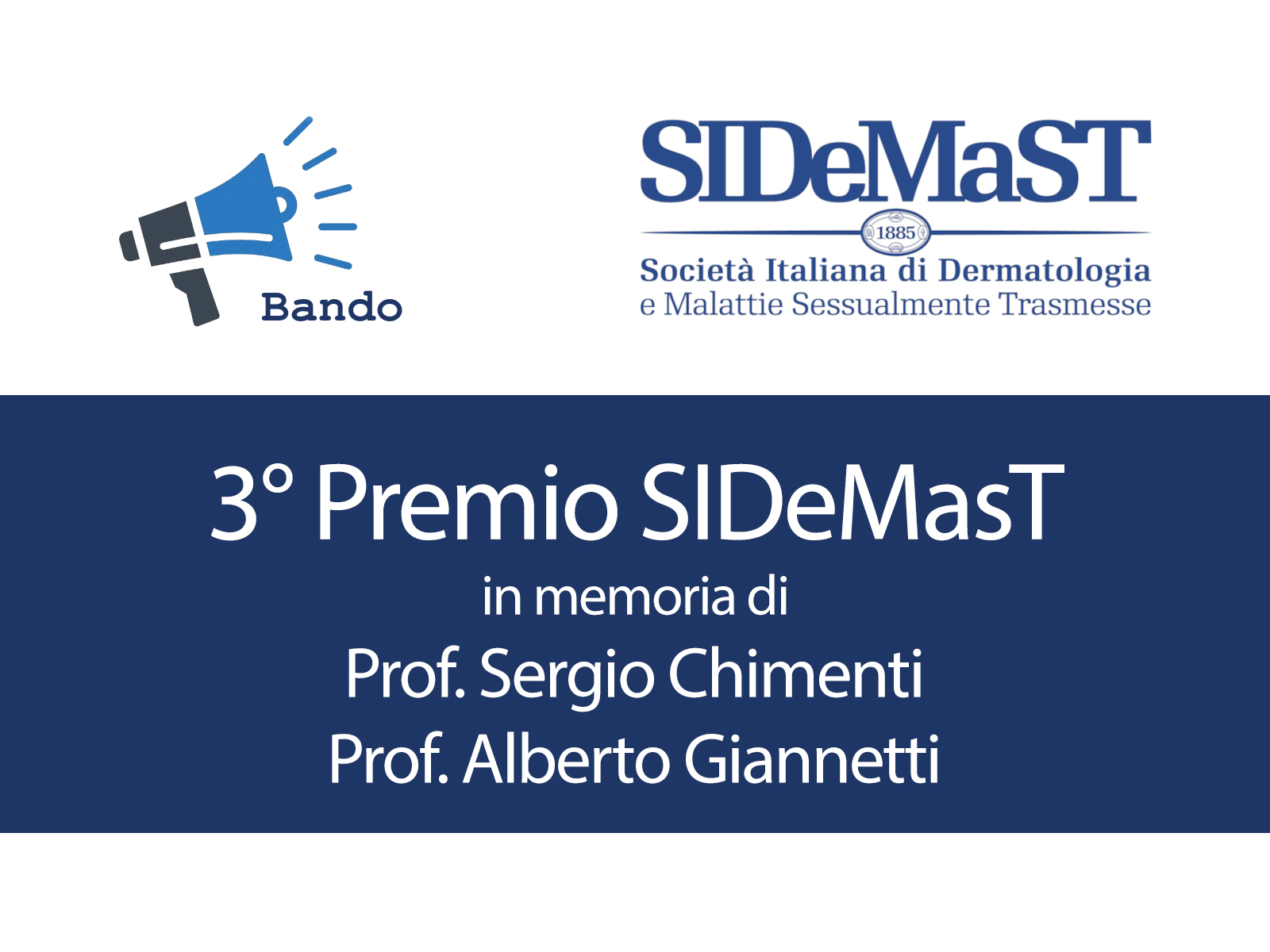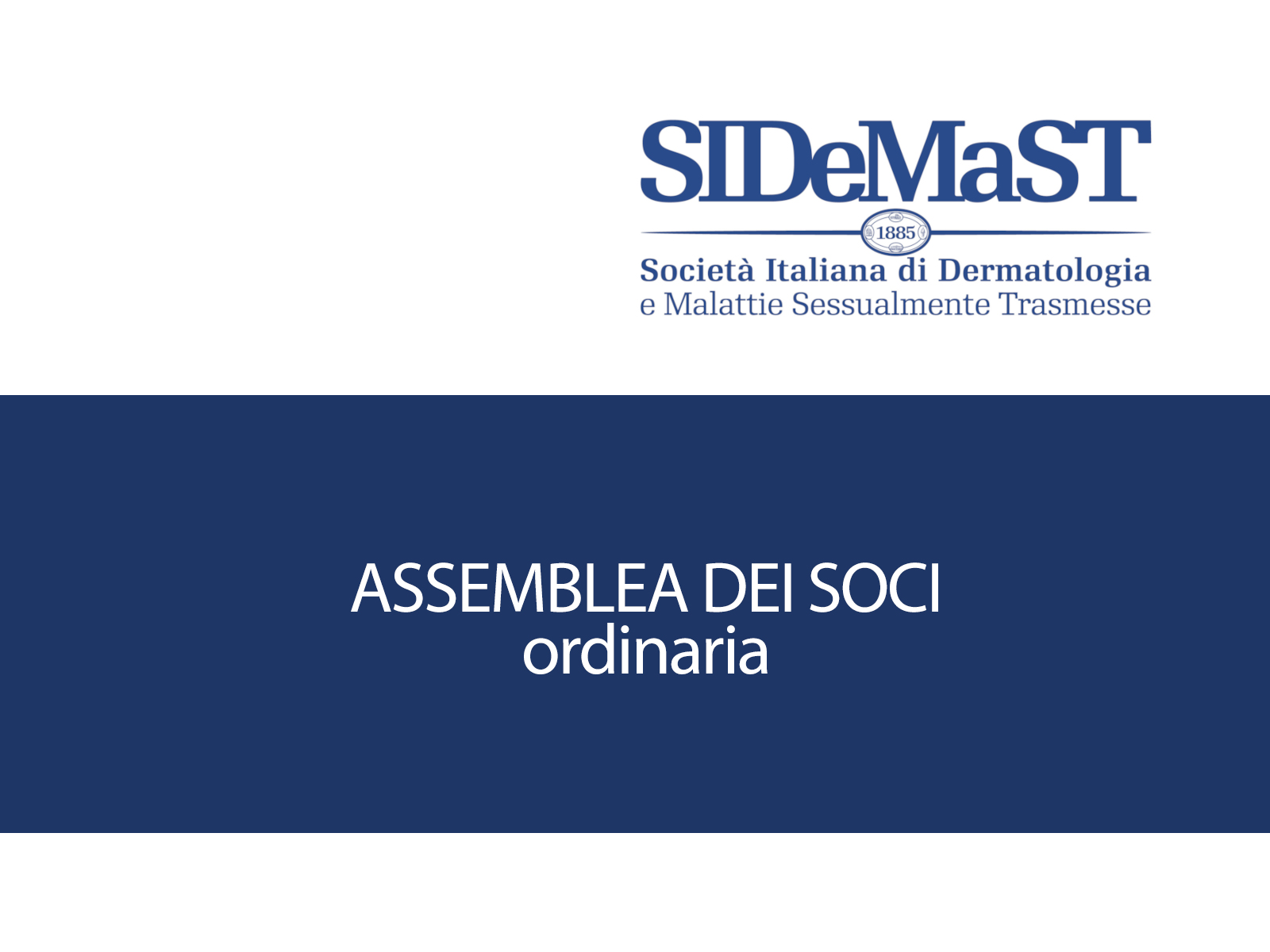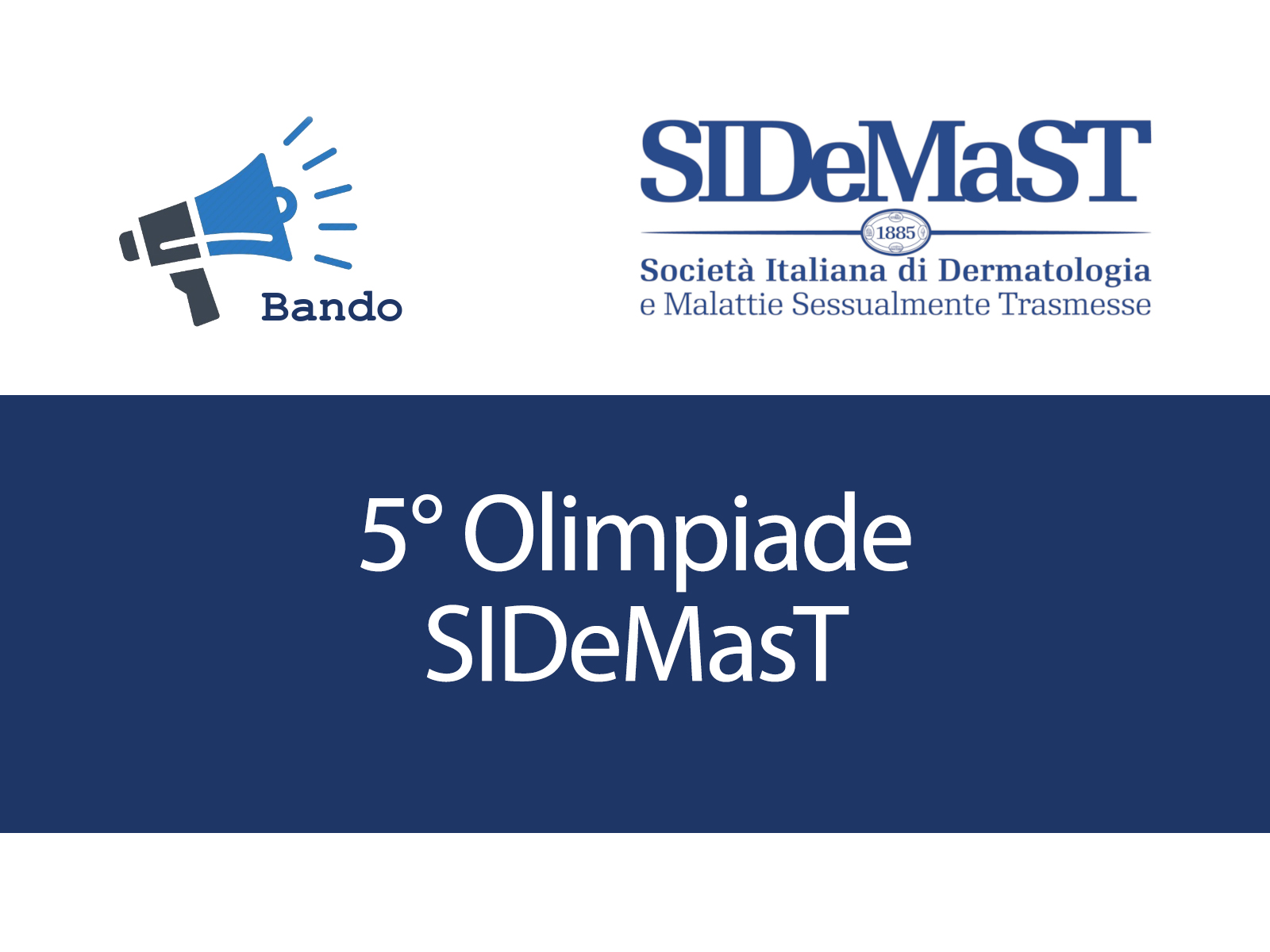A dendritic cell patient-specific vaccine (Eltrapuldencel-T; CLBS20) shows an association with improved overall survival in patients with advanced melanoma, compared with a tumour cell vaccine, researchers reported here on April 19 at the 2016 Annual Meeting of the American Association for Cancer Research (AACR).
The CLBS20 vaccine consists of autologous dendritic cells loaded with antigens from self-renewing, patient-specific tumour stem cells associated with the mutations in each patient's melanoma tumour cell line and suspended in granulocyte-macrophage colony-stimulating factor (GM-CSF).
Patients with metastatic melanoma treated with subcutaneous injections of the vaccine in a previous single-arm phase 2 trial showed a 2-year overall survival of 73%.
For a subsequent randomised phase 2 trial, patients' resected tumours were transferred to a facility where the cell line was grown. After establishment of cell lines, 42 patients were randomised to either CLBS20 or a tumour cell vaccine consisting of irradiated cancer cells from the autologous tumour cell line. They were injected weekly for 3 weeks, then monthly for up to 5 months.
At the time of their tumour harvest, 24 patients had stage IV melanoma and 18 had recurrent stage III, and at the time of randomization, 33 were stage IV and 9 were stage II.
Earlier results showed the 2-year overall survival in the CLBS20 group to be 72% compared with 31% for a tumour cell vaccine group.
At the 5-year analysis, 33 patients (79%) had died and 9 were alive.
In the CLBS20 group, the median overall survival was 42.2 months compared with 19.9 months in the tumour cell group for all stages, and for stage IV patients, the corresponding rates were 40.4 versus 16.9 months.
The only variable found to be associated with overall survival was randomisation to CLBS20 (P = .01).
The authors added that 1 patient with refractory progressive measurable disease displayed a delayed complete response that was still ongoing at 5 years.
Toxicities associated with CLBS20 were said to be minimal.
"Because of its unique mechanism of action, absence of toxicity, and apparent benefit regardless of tumour burden, CLBS20 is worthy of further evaluation as a monotherapy or in combination with other anti-melanoma therapies," wrote Robert O. Dillman, MD, Caladrius Biosciences, Irvine, California, and colleagues in their presentation.
Funding for this study was provided by Caladrius Biosciences.







